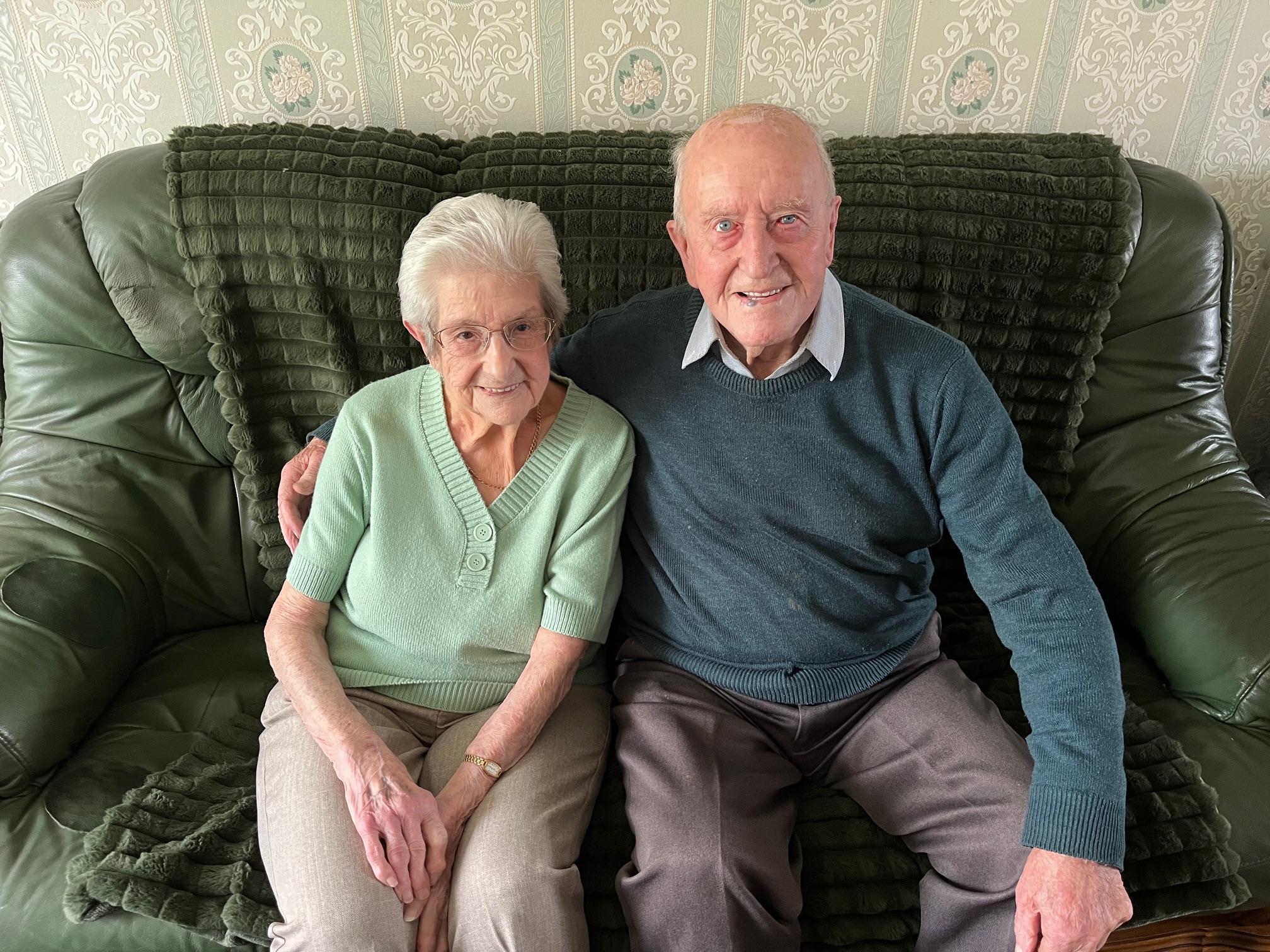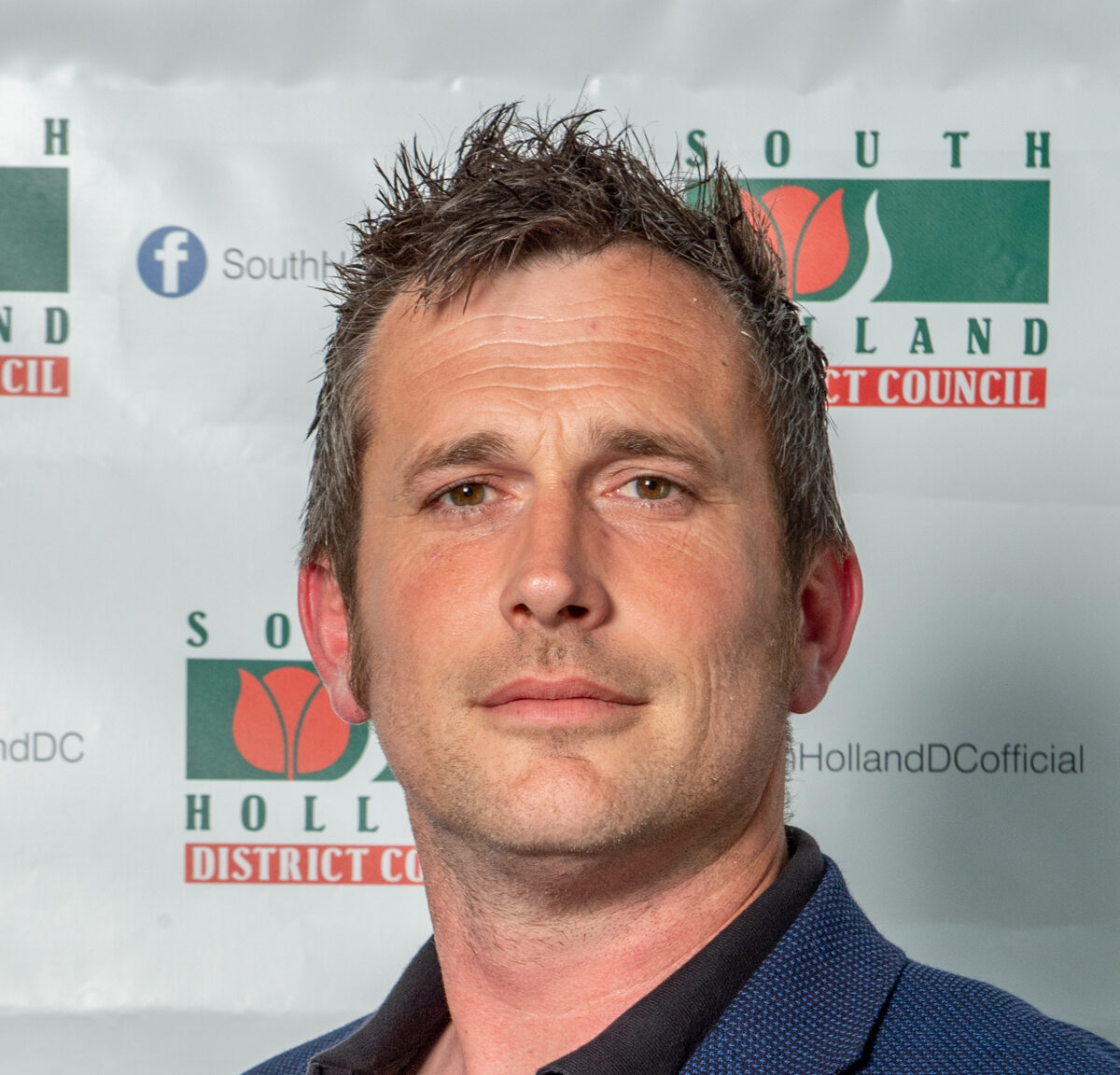After five years of controversial changes to children’s services, Lincolnshire’s health trust believes it has reached a turning point at Pilgrim Hospital.
The Boston service is the closest for many in the district and has undergone significant transformations in its paediatric services since 2018, aiming to address long-standing issues and provide better care for the community.
Andrew Morgan, chief executive of United Lincolnshire Hospital Trust, has highlighted the successful resolution of many concerns and the establishment of a stable and reliable service.
A consultation is due to take place in June on whether to make the latest service model permanent.
In 2018, the hospital faced severe staffing shortages and lost its training status, necessitating crucial decisions and reforms. A 12-hour length of stay model was introduced, alongside the recruitment of locum staff.
A private ambulance was also hired to transfer children in need of specialised care to other hospitals.
However, the changes faced backlash from local residents and councillors, leading to the formation of campaign groups such as SOS Pilgrim Hospital and Votes of No Confidence from local authorities.
Over time, it became evident that the new model did not effectively cater to children and young people at Pilgrim Hospital. Transferring sick children proved difficult, and even families requiring short visits declined the revised approach.
In 2019, the Care Quality Commission (CQC) conducted an assessment, revealing deviations from the established model, which prompted the trust to actively address the hospital’s needs.
In response, Pilgrim Hospital made adjustments, engaging with the Health Scrutiny Committee (HSC) and SOS Pilgrim to refine the model.
A revised approach was implemented, allowing for a 24-hour observation period with an additional 24 hours if required. Now most children can receive care within 48 hours, and consultants are available until 10pm to make informed decisions about each child’s wellbeing.
During the meeting with Lincolnshire County Council’s Health Scrutiny Committee, hospital representatives emphasised the positive outcomes resulting from these changes.
The paediatric team has significantly expanded, with seven substantive consultants currently in place and an eighth consultant in the process of applying for a permanent position. In contrast, when the reforms were initiated, only one out of eight positions was substantive.
Mr Morgan said: “Since those changes were made in 2018, the service has evolved, has changed, has improved and is continuing to develop right up until today,” he said.
He emphasised the hospital’s active engagement with families, community representatives, and colleagues.
“Having now reached a position that is very much more stable, high quality and sustainable service, we now want to consult the public about making the current model of service a permanent service model,” he said.
Despite these achievements, concerns persist regarding resources and service sustainability.
ULHT acknowledged the ongoing recruitment and retention challenges faced by the NHS, although they have made significant improvements.
The current vacancy rate across the trust stands at six per cent and the hospital has employed a thousand more staff compared to pre-COVID levels.







